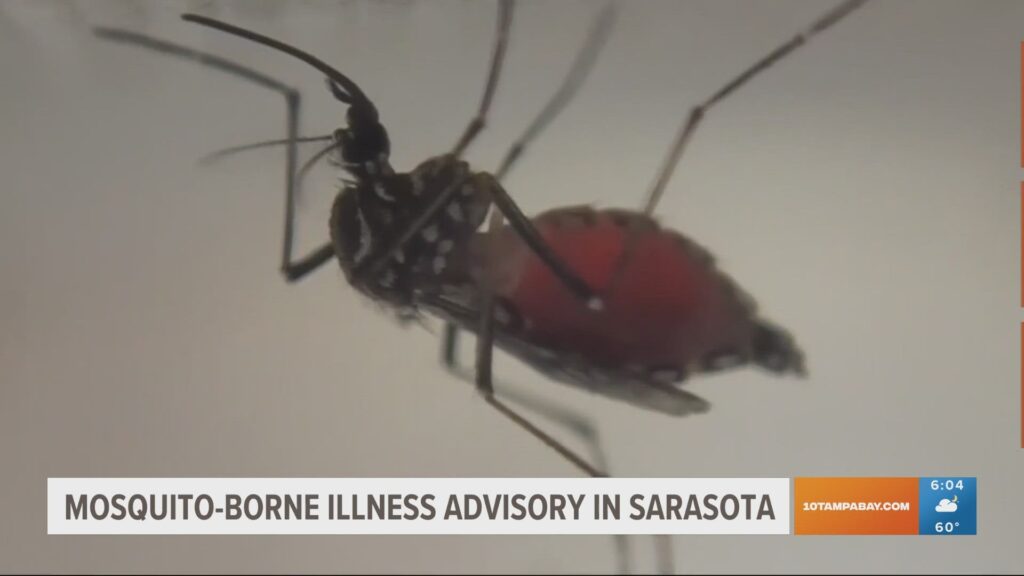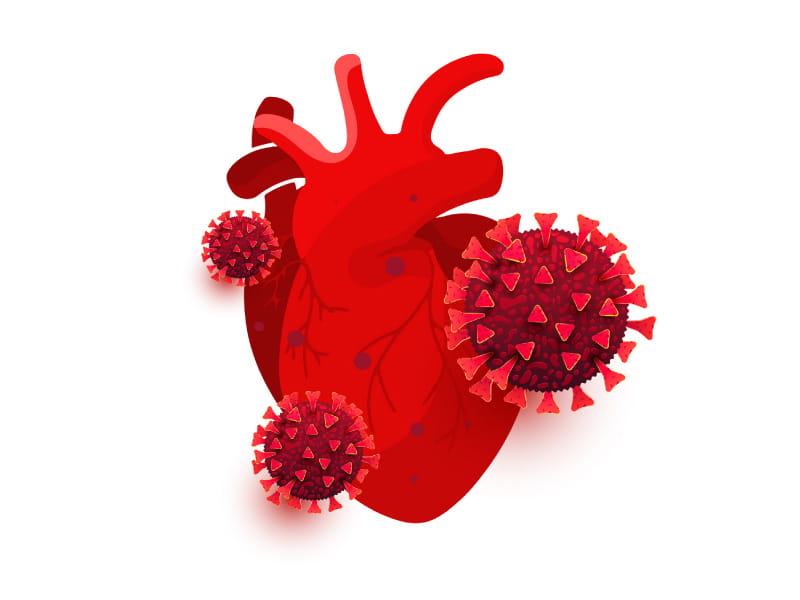Emotional eating, mental health, nutrition, and psychological stress are interconnected factors that can influence one’s eating habits and behavior. Psychological stressors, such as relationship conflicts, work stress, fatigue, financial pressures, and health problems, can trigger emotional eating.
When experiencing acute stress, appetite may temporarily decrease due to heightened epinephrine levels. However, prolonged stress can lead to elevated cortisol levels, which can increase appetite and contribute to stress eating. Understanding and addressing the psychological and emotional aspects of eating habits are crucial in making lasting changes and achieving mental well-being.
Learning self-monitoring techniques and seeking support from professionals can help individuals develop healthier eating behaviors.
Understanding Emotional Eating And Its Impact On Mental Health
Emotional eating is a term used to describe the act of turning to food for comfort or as a way to cope with negative emotions. It is closely tied to mental health, as individuals often use food as a way to temporarily alleviate stress, anxiety, or depression. This behavior can have a significant impact on overall mental well-being. Emotional eating can be triggered by a variety of emotional and psychological factors, such as relationship conflicts, work stressors, fatigue, financial pressures, and health problems. When individuals experience acute stress, their appetite may temporarily decrease due to elevated levels of epinephrine. However, as stress continues, cortisol levels rise, leading to increased appetite and potential stress eating. It is important to address emotional eating habits and find healthier ways to cope with emotions, such as through self-monitoring, mindfulness, and seeking professional support.
The Psychological Effects Of Stress On Eating Habits
The Psychological Effects of Stress on Eating Habits
Examining the impact of stress on appetite and food cravings
One of the primary psychological factors that contribute to emotional eating during periods of stress is a hormone called cortisol. Cortisol, also known as the “stress hormone,” is released in response to stress and has been found to increase appetite. When stress begins, epinephrine levels rise, temporarily decreasing appetite. However, as stress continues, cortisol levels increase, leading to increased appetite and a potential for stress eating.
In addition to cortisol, there are various emotional and psychological triggers that can affect eating habits. Relationship conflicts, work stressors, fatigue, financial pressures, and health problems can all contribute to emotional eating. These triggers may cause individuals to turn to food for comfort, leading to poor food choices and overeating.
To change eating habits psychologically, it is essential to learn how to self-monitor. Self-monitoring helps individuals become more aware of what triggers them to eat in the moment and be more mindful of their food choices and portions. By staying focused on long-term progress, individuals can make healthier choices and develop a positive relationship with food.
Nutrition And Coping Strategies For Emotional Eating
Nutrition and coping strategies play a crucial role in managing emotional eating and supporting mental health during stressful times. The importance of mindful eating cannot be overstated when it comes to managing emotional eating. Mindful eating involves paying full attention to the experience of eating, including the sensations, flavors, and textures of each bite. By practicing mindfulness, individuals can develop a greater awareness of their emotional triggers and choose alternative coping strategies.
In addition to mindful eating, there are healthy nutrition tips that can help support mental health. This includes consuming a balanced diet rich in fruits, vegetables, whole grains, and lean proteins. These nutrient-dense foods provide the body with essential vitamins, minerals, and antioxidants that can help combat the negative effects of stress and promote overall well-being.
Furthermore, individuals can utilize alternative coping strategies for dealing with emotional stress without turning to food. Some effective strategies include engaging in regular physical activity, practicing relaxation techniques such as deep breathing or meditation, seeking support from friends or professionals, and finding hobbies or activities that bring joy and fulfillment.
Seeking Help And Support For Emotional Eating
Seeking help and support for emotional eating is crucial for individuals struggling with this disorder. It is important to understand the signs and symptoms of emotional eating disorders. Triggers such as relationship conflicts, work or other stressors, fatigue, financial pressures, and health problems can affect eating habits. Furthermore, emotional stress can significantly influence eating behavior. Acute stress can temporarily decrease appetite, while prolonged stress leads to increased cortisol levels and a higher appetite, resulting in stress eating.
Therapy and counseling play a vital role in overcoming emotional eating habits. Through therapy, individuals can explore the underlying psychological and emotional factors contributing to their eating patterns. By learning how to self-monitor, individuals can become more aware of their triggers and make mindful food choices and portions. Support networks, such as the National Eating Disorders Helpline, provide resources, treatment options, and a place to seek help and support.

Credit: www.apa.org
Frequently Asked Questions For Emotional Eating – Mental Health – Nutrition – Psychological Stress
What Psychological And Emotional Factors Affect Eating Habits?
Psychological and emotional factors like relationship conflicts, work or other stressors, fatigue, financial pressures, and health problems can affect eating habits. Emotional stress can influence eating behavior by initially decreasing appetite and then increasing it over time. Anger and sadness are core emotions associated with eating disorders.
Changing eating habits psychologically involves self-monitoring and being mindful of food choices.
How Emotional Stress Can Influence Your Eating Behavior?
Emotional stress can influence your eating behavior. Acute stress decreases appetite, while chronic stress increases it. Elevated levels of epinephrine and cortisol play a role in these changes, leading to stress eating.
What Is The Core Emotion Associated With Eating Disorders?
The core emotion associated with eating disorders is often anger and sadness. These negative emotions contribute significantly to disordered eating behaviors.
How Can I Change My Eating Habits Psychologically?
To change your eating habits psychologically, start by self-monitoring. This helps you become aware of triggers, and more mindful of food choices and portions. It also keeps you focused on long-term progress. Consider seeking support, resources, and treatment options from the National Eating Disorders Helpline.
Avoid emotional eating by identifying triggers, fighting cravings, and finding healthier ways to cope.
Conclusion
To better understand the connection between emotional eating and mental health, it is crucial to recognize the impact of psychological stress on our nutrition choices. Relationship conflicts, work stressors, fatigue, and financial pressures can all trigger emotional eating habits. Stress can temporarily decrease appetite, but as cortisol levels rise, our appetite increases, leading to stress eating.
By learning how to self-monitor and becoming more aware of our triggers, we can make positive changes to our eating habits and improve our overall mental well-being. Remember, nourishing our bodies with a balanced diet is essential for maintaining good mental health.







